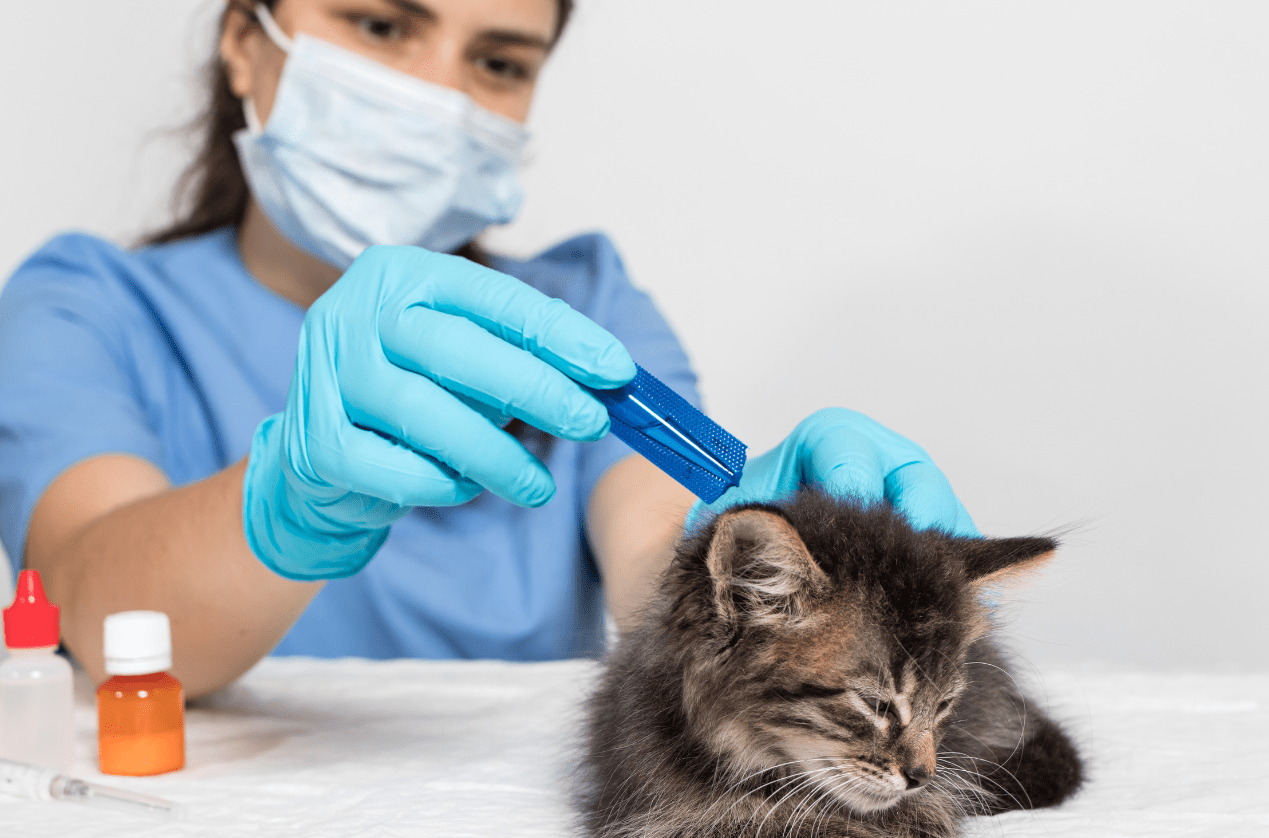As technology and medicine continue to advance, the field of veterinary medicine is no exception. Every year, breakthroughs in veterinary medicine are discovered that can help improve the health and well-being of our beloved pets. This article will discuss the top 10 breakthroughs in veterinary medicine that are expected to impact in 2023 significantly.
Gene Editing
One of the most promising breakthroughs in veterinary medicine is gene editing. This can be used to introduce beneficial traits such as disease resistance or improved meat quality.
Gene editing can reduce the need for painful treatments by improving disease resistance and producing larger, more efficient animals with fewer resources. This can improve animal welfare and reduce environmental impact.
Stem Cell Therapy
Stem cell therapy is already being used in humans to treat various conditions, and in 2023 it is expected to become more widely available for pets as well. It could treat various conditions, including arthritis and kidney disease.
Stem cell therapy treats various conditions in dogs, cats, and horses. For example, stem cell therapy is being used to treat osteoarthritis in dogs, a common condition that causes joint pain and stiffness.
Immunotherapy
Immunotherapy is a promising new treatment for cancer in pets. In 2023, we can expect more pets to receive this treatment as it becomes more widely available.
Immunotherapy also has the potential to prevent infectious diseases altogether. Vaccines are a form of immunotherapy that exposes the immune system to a harmless version of a pathogen to recognize and fight off it if it is encountered again. Veterinarians can use immunotherapy to develop new vaccines for infectious diseases in animals.
Nanotechnology
Nanotechnology has revolutionized drug delivery by offering a precise and effective way to target specific cells and tissues within the body. In veterinary medicine, this technology has significant potential to improve drug efficacy and reduce harmful side effects.
Nanotechnology has already been used to develop various treatments, including pain management drugs, anti-cancer therapies, and treatments for infectious diseases.
Microbiome Manipulation
The microbiome is a collection of microorganisms that live in the gut and play an important role in overall health. Microbiome manipulation involves altering the balance of microorganisms in the gut to improve health outcomes.
By manipulating the microbiome, veterinarians can improve immune system function and decrease the risk of infectious diseases.
Advanced Pain Management
Traditional pain management techniques, such as opioids, can have undesirable side effects and be challenging to administer accurately. However, recent breakthroughs in pain management techniques have the potential to improve animal comfort while reducing the need for opioids.
Advanced pain management techniques, such as nerve blocks and local anesthesia, can provide targeted pain relief with fewer side effects than opioids. These techniques block pain signals from reaching the brain, effectively reducing pain without systemic medications.
Artificial Intelligence
Artificial intelligence (AI) has emerged as a valuable tool in veterinary medicine for diagnosing animal diseases. This breakthrough technology has the potential to revolutionize the way veterinarians diagnose and treat animals, leading to faster and more accurate diagnoses and better treatment outcomes.
AI has a significant impact on treatment planning. By analyzing data from a wide range of sources, including animal health records, imaging studies, and laboratory results, AI algorithms provide veterinarians with more comprehensive and detailed information about the animal’s condition.
Improved Reproductive Technologies
Recent breakthroughs in reproductive technologies have allowed great control over animal breeding and reproduction. These advances can potentially improve animal welfare, increase production efficiency, and aid in the conservation of endangered species.
Reproductive technologies can play a key role in the conservation of endangered species. In vitro fertilization, for example, can be used to breed endangered species in captivity and increase their population numbers.
Precision Nutrition
Precision nutrition is a new approach to animal feeding. Precision nutrition can improve animal health and performance, reduce feed costs, and contribute to sustainable agriculture. This breakthrough involves using advanced analytics and machine learning algorithms to create personalized nutrition plans for each animal.
Precision nutrition also positively impacts sustainable agriculture by reducing the environmental impact of animal agriculture.
Targeted Cancer Therapies
Targeted cancer therapies use specific drugs to target and kill cancer cells without harming healthy cells. Targeted cancer therapies are becoming more common in human medicine and used in veterinary medicine.
Some targeted cancer therapies are being developed for dogs with lymphoma, common cancer in dogs. These therapies are designed to specifically target cancer cells in the lymph nodes, which can help reduce the side effects of treatment and improve outcomes.
Final Verdict
Veterinary medicine is a rapidly evolving field continually developing breakthroughs to improve animal health and welfare. In particular, we expect further developments in personalized medicine, regenerative medicine, and minimally invasive surgery.
To receive more articles, log in to:


